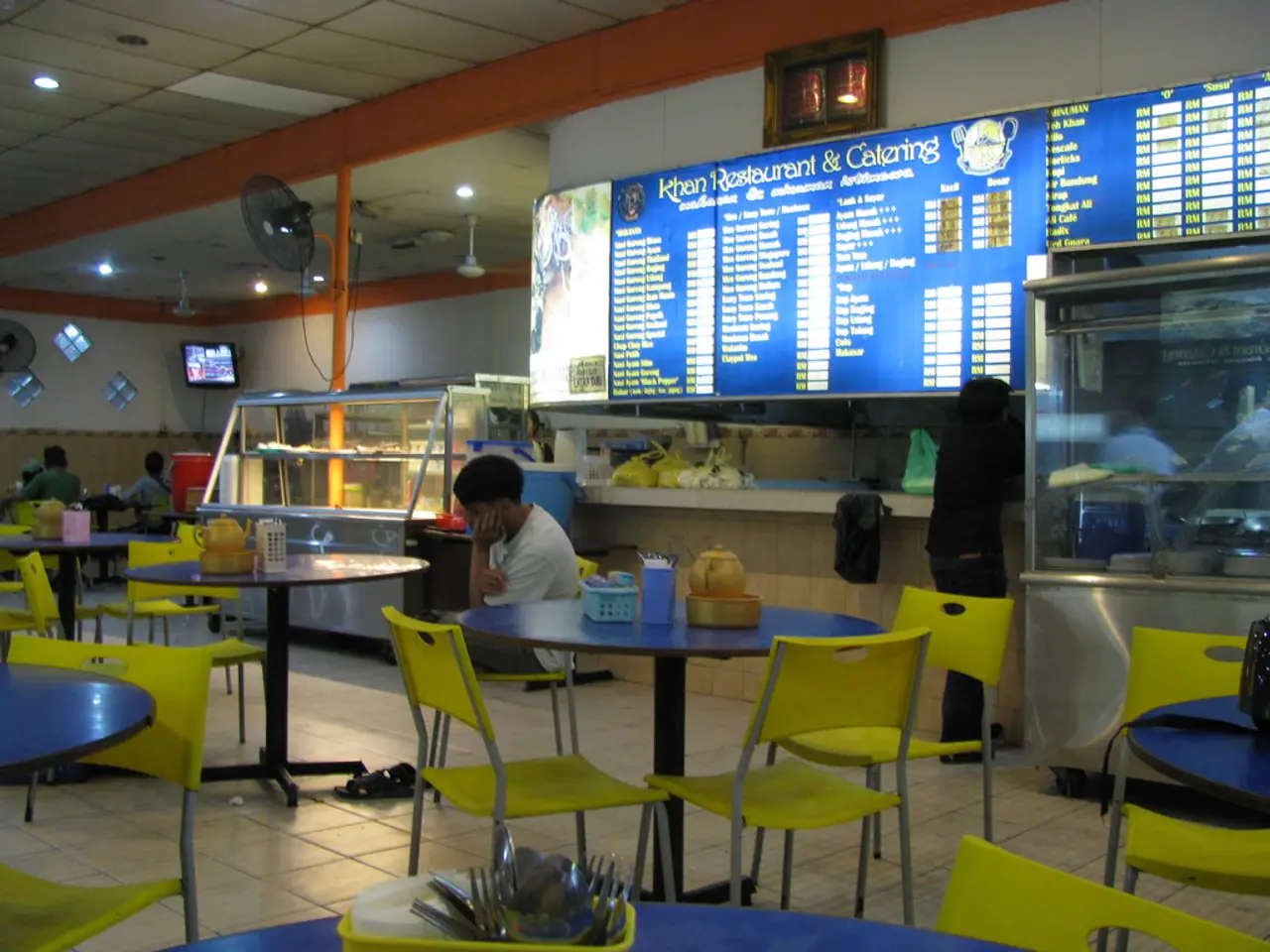Funded for an astounding ₹98 Lakh through crowdfunding, an eatery continues to captivate hearts, despite occasional serving mishaps.
In the heart of Kyoto, Japan, a unique dining experience awaits at **The Restaurant of Mistaken Orders**. Conceived by Japanese television director Shiro Oguni, this eatery offers more than just a meal – it offers an unforgettable encounter with kindness, patience, and perspective.
The restaurant's staff are its most distinctive feature. They are individuals living with dementia, provided with a supportive workplace environment that encourages growth and understanding. The concept, while seemingly unconventional, aims to challenge perceptions about aging and cognitive impairment.
Upon entering, guests are informed about the nature of the establishment, preparing them for potential mistakes in their orders. This openness creates a relaxed and accepting atmosphere where customers are encouraged to enjoy the unpredictability and humor in the experience.
The primary message conveyed by the restaurant is one of empathy and awareness. It highlights the capabilities and contributions of individuals living with dementia, promoting a positive and inclusive attitude towards cognitive impairments.
By embracing the natural unpredictability of the condition, the restaurant focuses on the human aspect of hospitality, offering a heartwarming experience that extends beyond the meal itself. In this restaurant, mistakes are not considered flaws but reminders of shared vulnerabilities and capacity for compassion.
The Restaurant of Mistaken Orders has gained global attention, with a viral video on Instagram showcasing its heartwarming and unconventional dining experience. Customers laugh, connect, and enjoy the beautiful unpredictability, often leaving the restaurant feeling happy and uplifted.
One customer reflected, "There should be more places like The Restaurant of Mistaken Orders." Another expressed the idea that individuals living with dementia are similar to everyone else, and relationships can be built with them.
The restaurant's origins can be traced back to a visit by Oguni to a nursing home where he was served a dumpling instead of a burger. This simple mistake sparked a bigger realization about creating spaces that accept and respect differences.
So, if you find yourself in Kyoto, take a moment to slow down, smile, and experience the deeply human side of hospitality at The Restaurant of Mistaken Orders. Here, you'll find not just a meal, but a reminder of the power of empathy and the beauty of shared vulnerabilities.
- Science plays a role in understanding dementia, especially in the field of environmental science and neurobiology.
- Workplace-wellness programs in businesses can incorporate mindfulness and productivity skills training to improve employee mental health.
- Health-and-wellness trends often include fitness-and-exercise routines, which are beneficial for maintaining physical and mental well-being.
- Climate change poses significant challenges for global food and drink industries, as extreme weather events impact crop production and food security.
- Mental-health awareness is increasingly important in career-development conversations, emphasizing the need for job-search strategies that prioritize mental wellness.
- Therapies-and-treatments for mental health disorders can range from traditional counseling to cutting-edge technologies like artificial intelligence in healthcare.
- Medicare programs in developed countries often provide coverage for mental-health treatments, recognizing their importance for overall health and lifestyle.
- Cooking classes can be a fun way to explore global cuisines and learn new skills, promoting personal growth through culinary arts.
- Leadership in diverse and inclusive environments fosters innovation, but requires a deep understanding of the benefits of cultivating a culture of diversity and inclusion.
- Understanding family-dynamics is crucial for effective communication, both in the home and in the workplace.
- Home-and-garden improvements can contribute to energy conservation and sustainability efforts, addressing the environmental impacts of climate change.
- Financial management plays a role in maintaining a balanced lifestyle, with responsible budgeting and saving practices ensuring financial stability.
- Space-and-astronomy remains a fascinating aspect of science, offering opportunities for skills-training in subjects like data-and-cloud-computing and technology.
- Lifestyle choices can impact an individual's contribution to cybersecurity, such as their habits around password security and data protection.
- The unfolding relationship between artificial intelligence and human relationships raises important questions about ethics and privacy in the digital age.
- Goal-setting is a crucial skill in education-and-self-development, helping individuals chart their path toward personal and professional growth.
- Career-development often involves lifelong learning, including ongoing skill training and networking opportunities in fields like sports, sports-betting, and business.
- Incorporating mindfulness practices into daily routines can lead to improved mental health, relationships, and overall well-being, making it an essential aspect of a healthy lifestyle.




